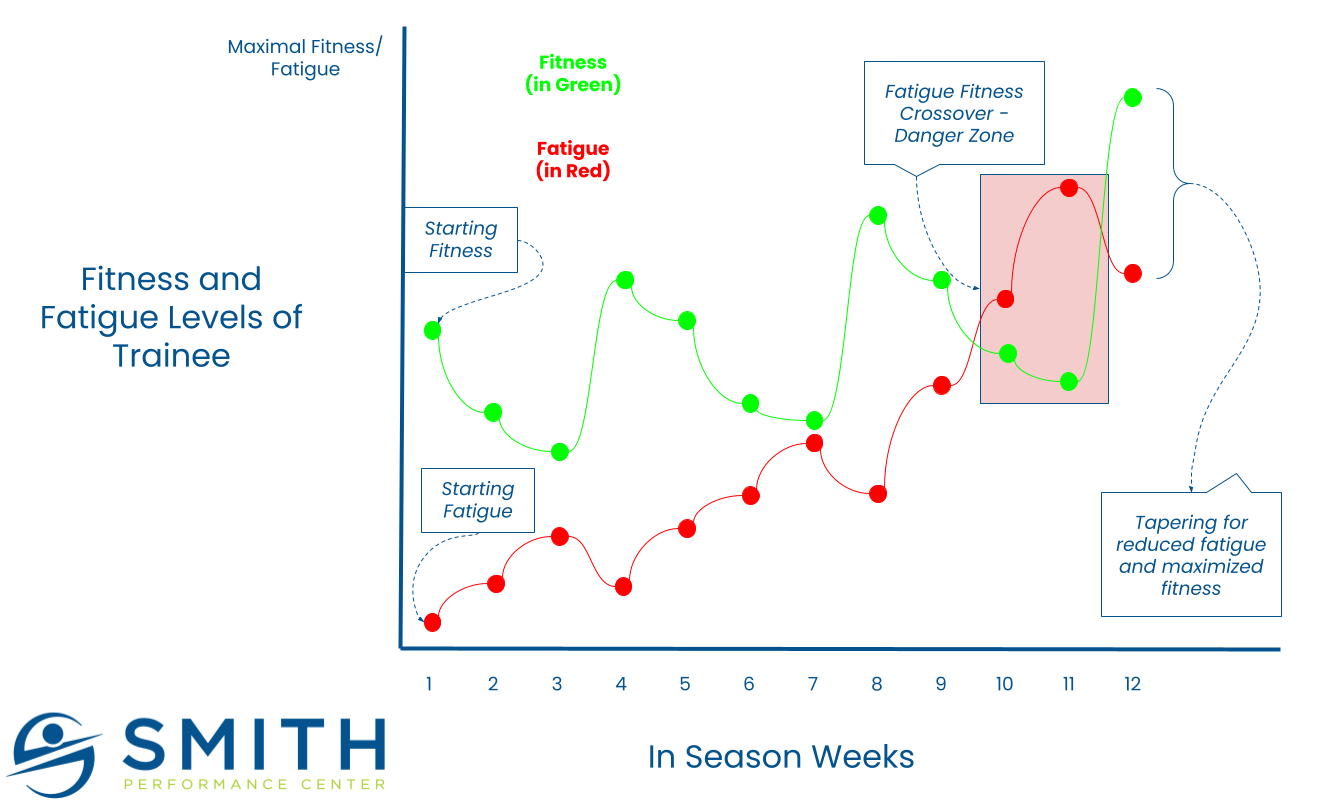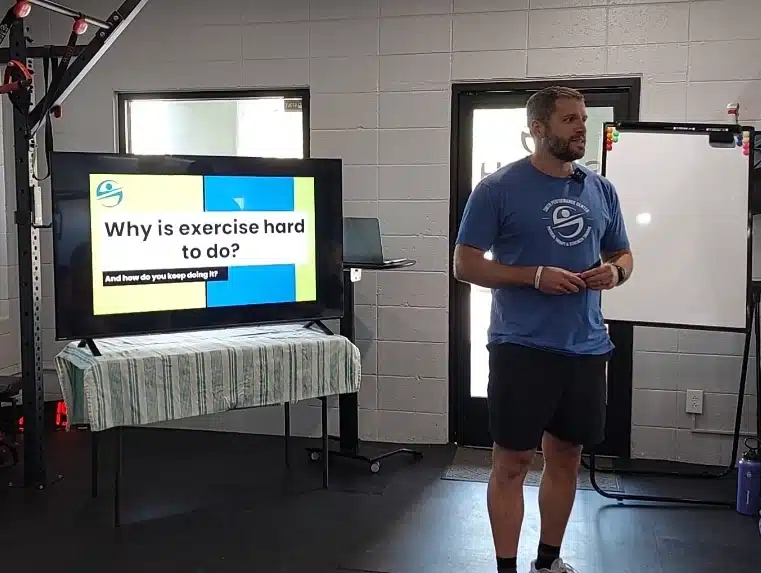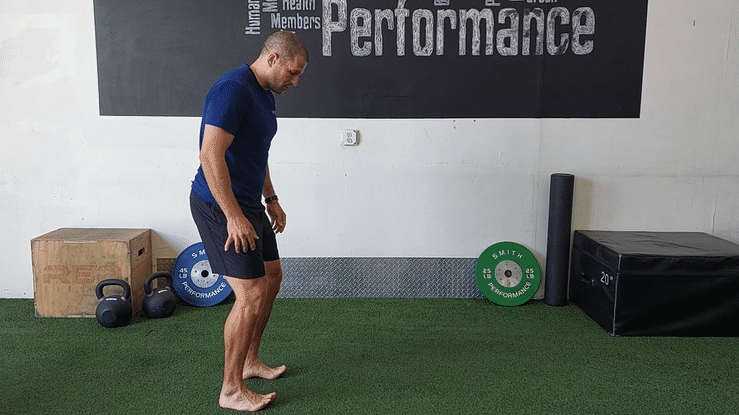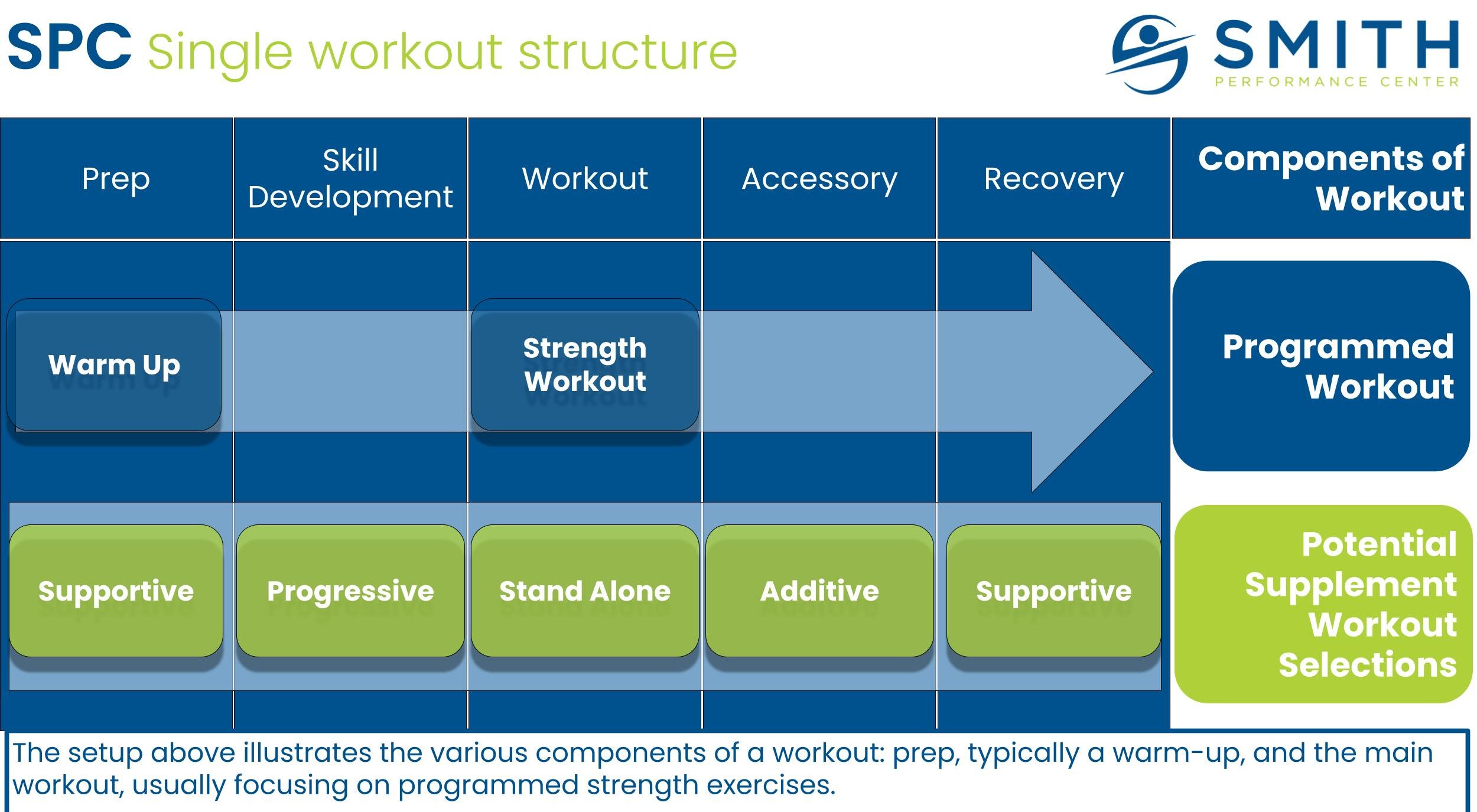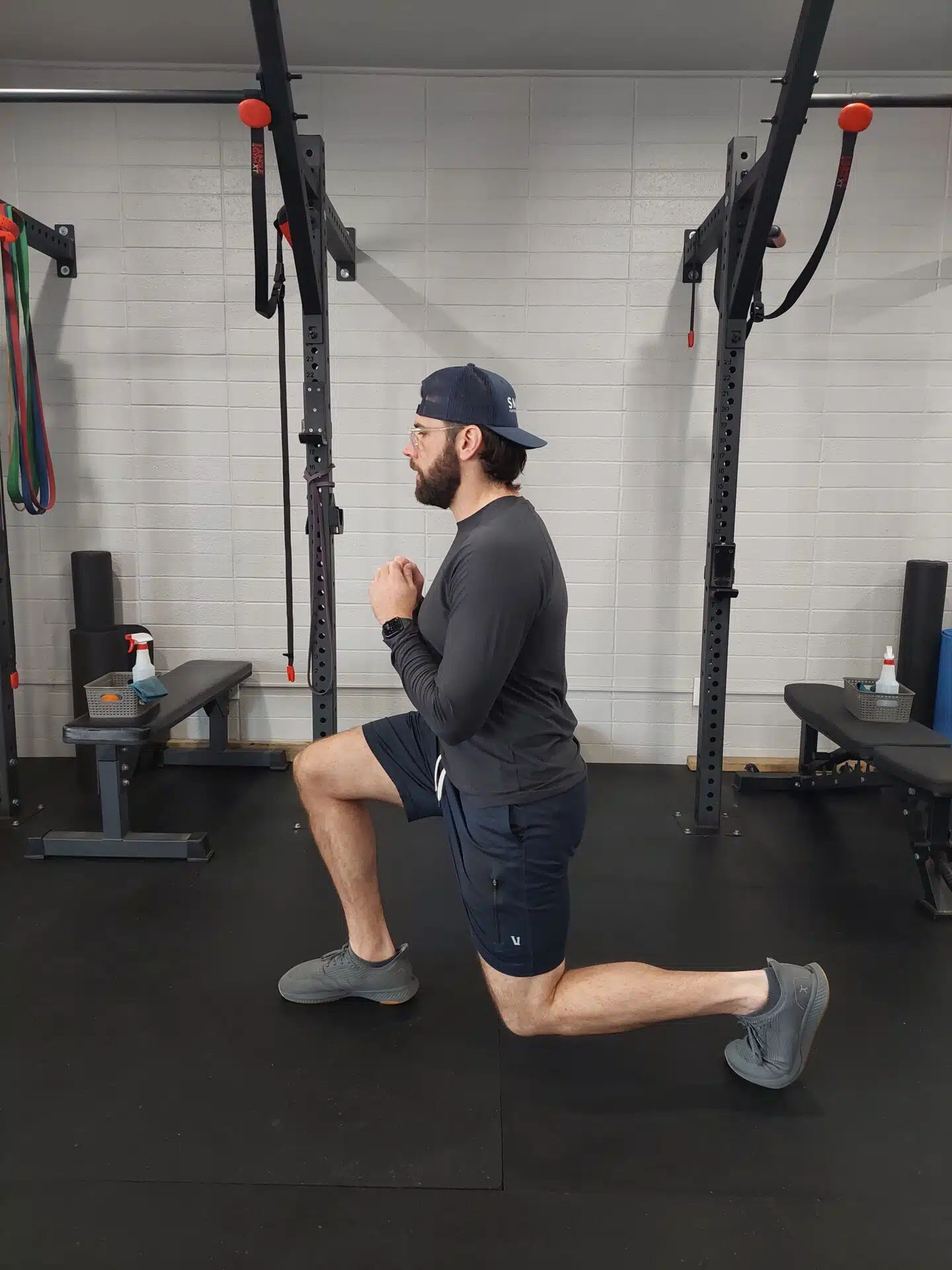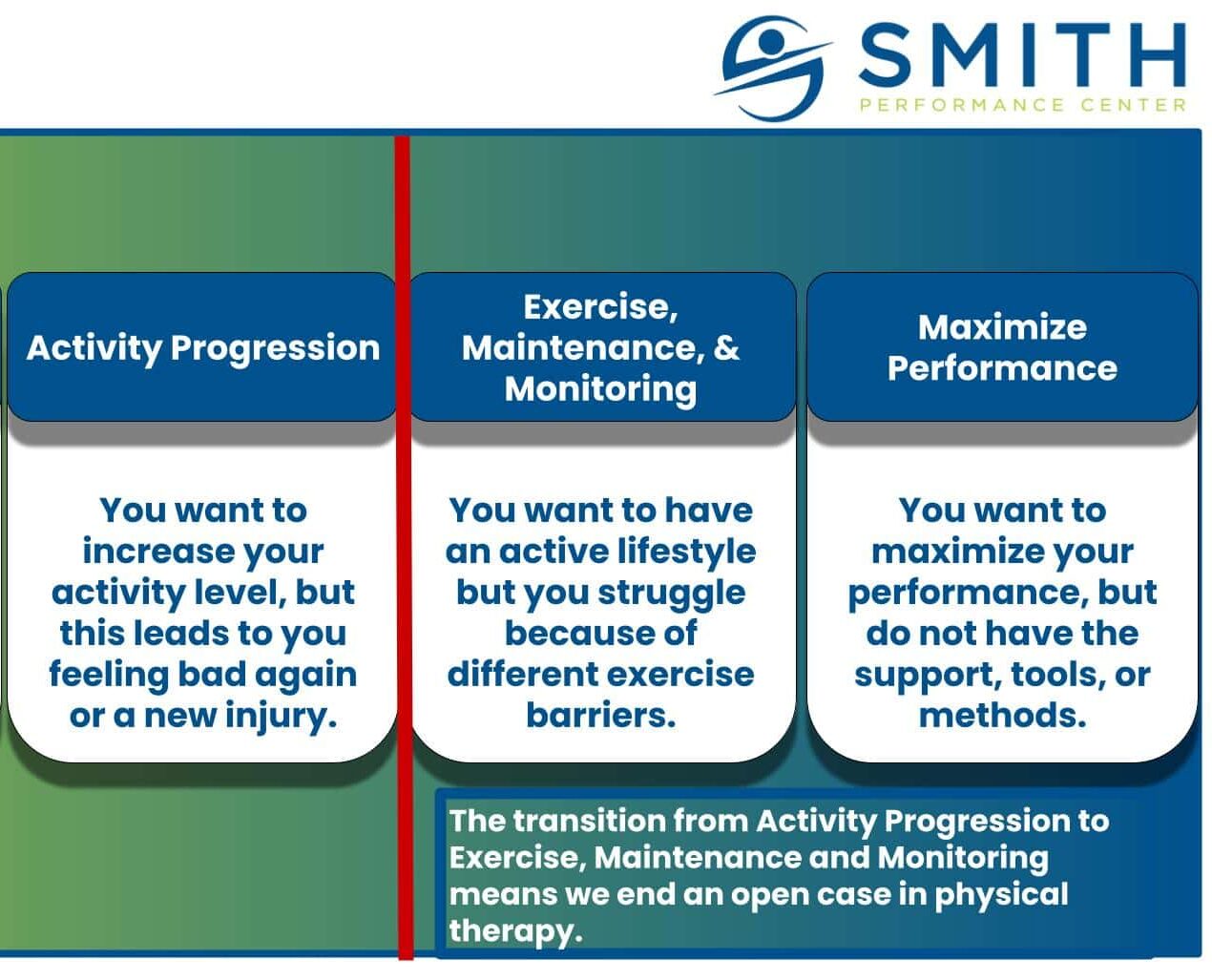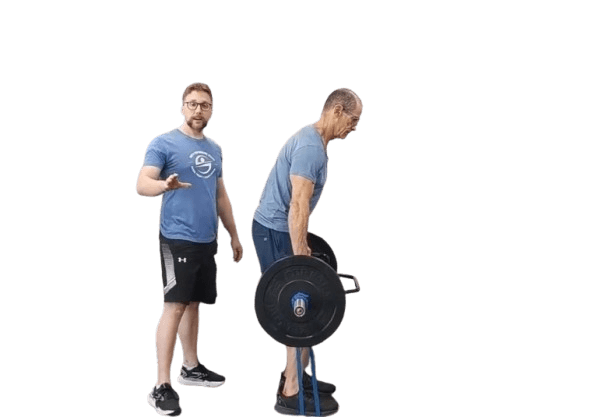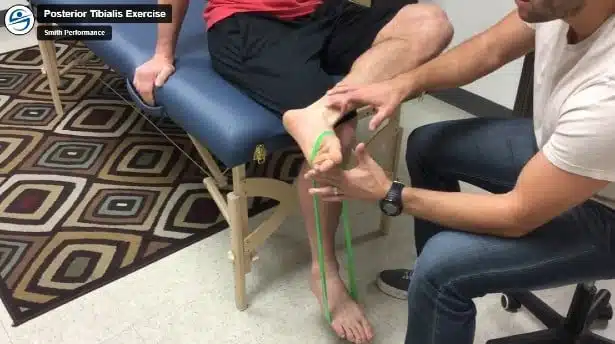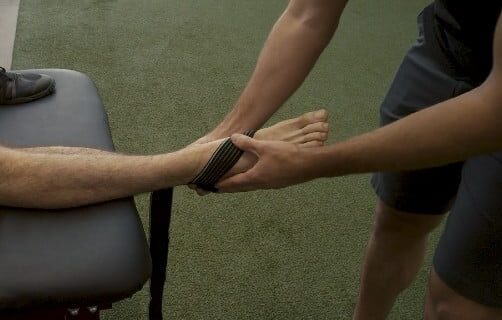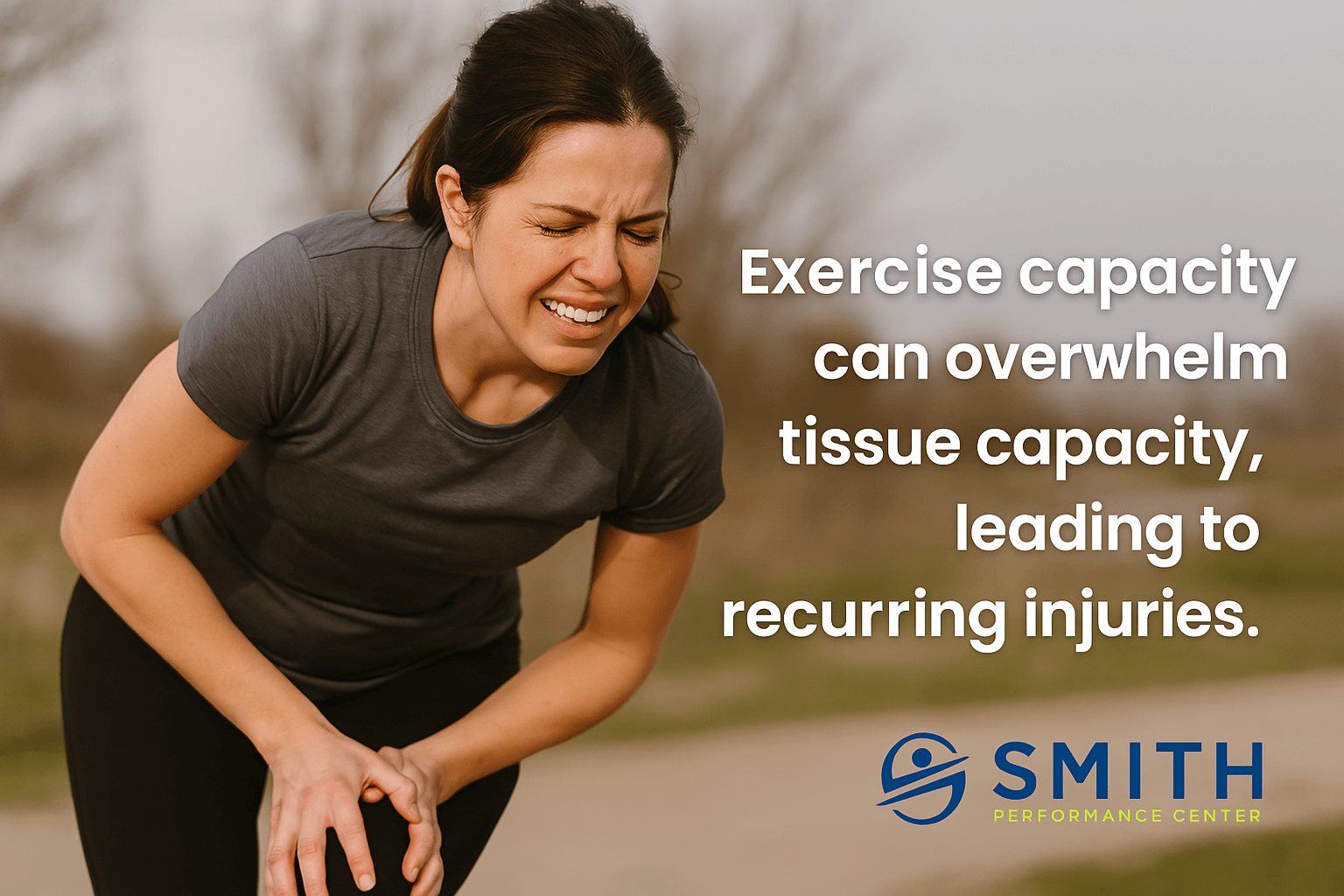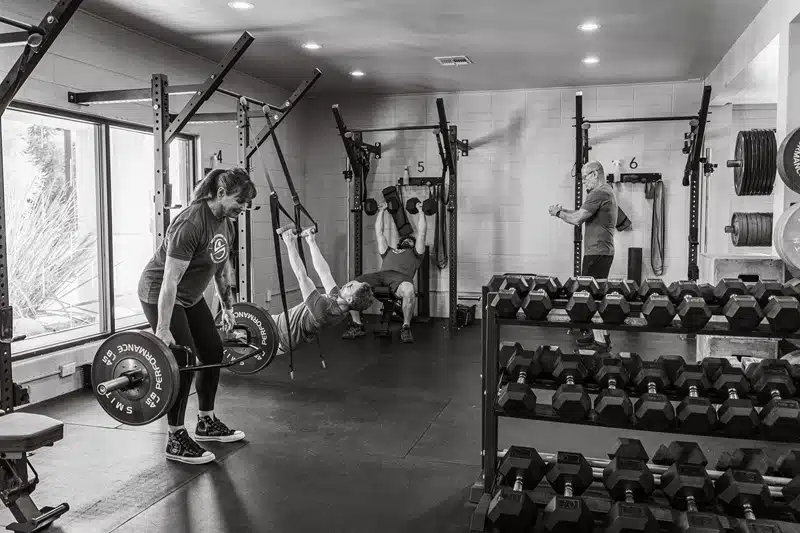
Unlocking Your Health Potential: The SPC Phase Concept of Exercise, Maintenance and Monitoring
At Smith Performance Center, you will hear us mention “phases” or see references on the website or social posts. If this is your first introduction, welcome! The SPC Phase Concept is the cornerstone of our approach. It’s a system designed to solve health challenges, keep you moving, and provide a shared framework for our team to deliver exceptional care. Why the SPC Phases Matter Our mission is to help people stay active, healthy, and capable of enjoying their lives. The five SPC Phases guide you from identifying your problem to progressing toward peak performance. The phases aren’t a one-time journey—they form a cyclical process designed to meet you where you are, adapt to your needs, and keep you moving forward. A key turning point in this system is Phase 4: Exercise, Maintenance, and Monitoring. This phase helps you establish consistency in your health routine while addressing one of the greatest

